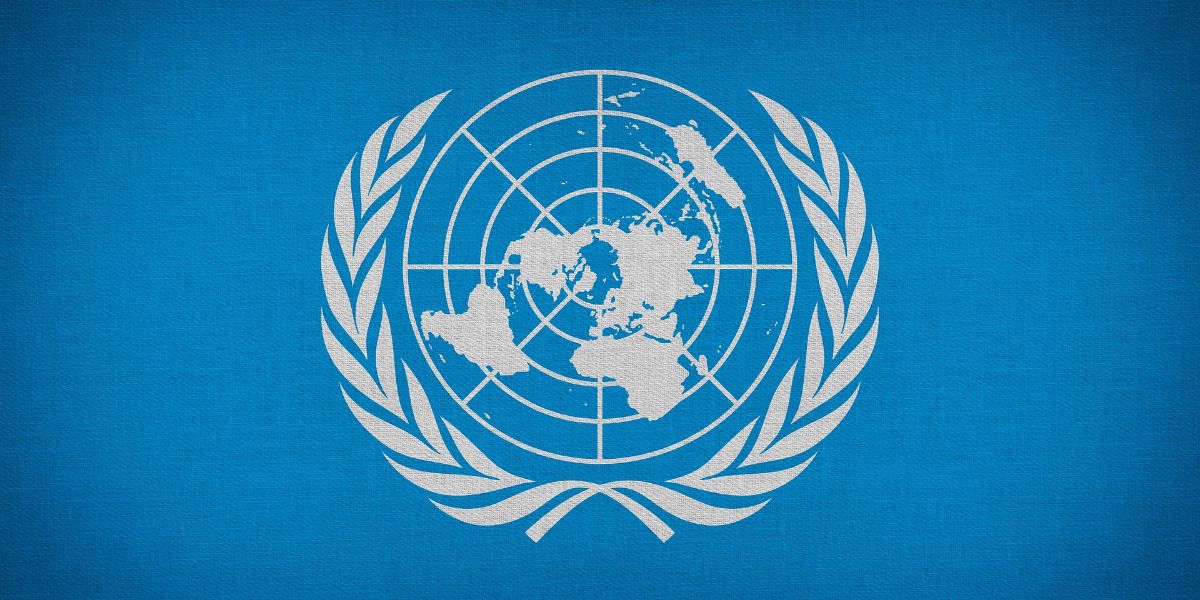On 25 March 2025 the Subcommittee on Environmental Taxation submitted its final report to the UN Tax Committee, including an updated paper for approval and recommendations for future work to be considered by the new membership of the Tax Committee later in the year.
The paper on Assessing the Interaction of Carbon Taxation with Excise Duties, VAT, and Income Taxation was presented to the Tax Committee for final approval. The paper examines the interaction of carbon taxes with excise duties, value added taxes, personal income taxes and corporate income tax. The details have been refined for clarity and structure, strengthening the analysis of carbon taxation and fiscal measures. Further material has been included in the paper such as updated data, broader country coverage and refined policy classifications. The revisions to the paper place more emphasis on fiscal trade-offs, the impact of excise duties, fuel subsidies and value-added tax on carbon pricing. The paper also emphasises the role of income taxes in mitigating regressivity and in promoting green investment. The discussions on policy coherence and the challenges faced by developing countries have been strengthened. The paper notes that transparent tax policies are required to support a low-carbon transition.
The subcommittee outlined important issues in environmental taxation for consideration by the next membership of the UN Tax Committee that will take over later in 2025. These include further consideration of other environmental taxes in addition to carbon taxation, encouraging the inclusion of different environmental taxes in broader fiscal reforms. Sector-specific guidance could be developed on tax aspects of fossil fuel subsidy reforms, or reforms relating to agriculture, forestry, land use, water, waste management and the maritime and aviation sectors. Also, addressing administrative and implementation challenges in implementing environmental taxes could help to ensure clarity and more efficient administration.













